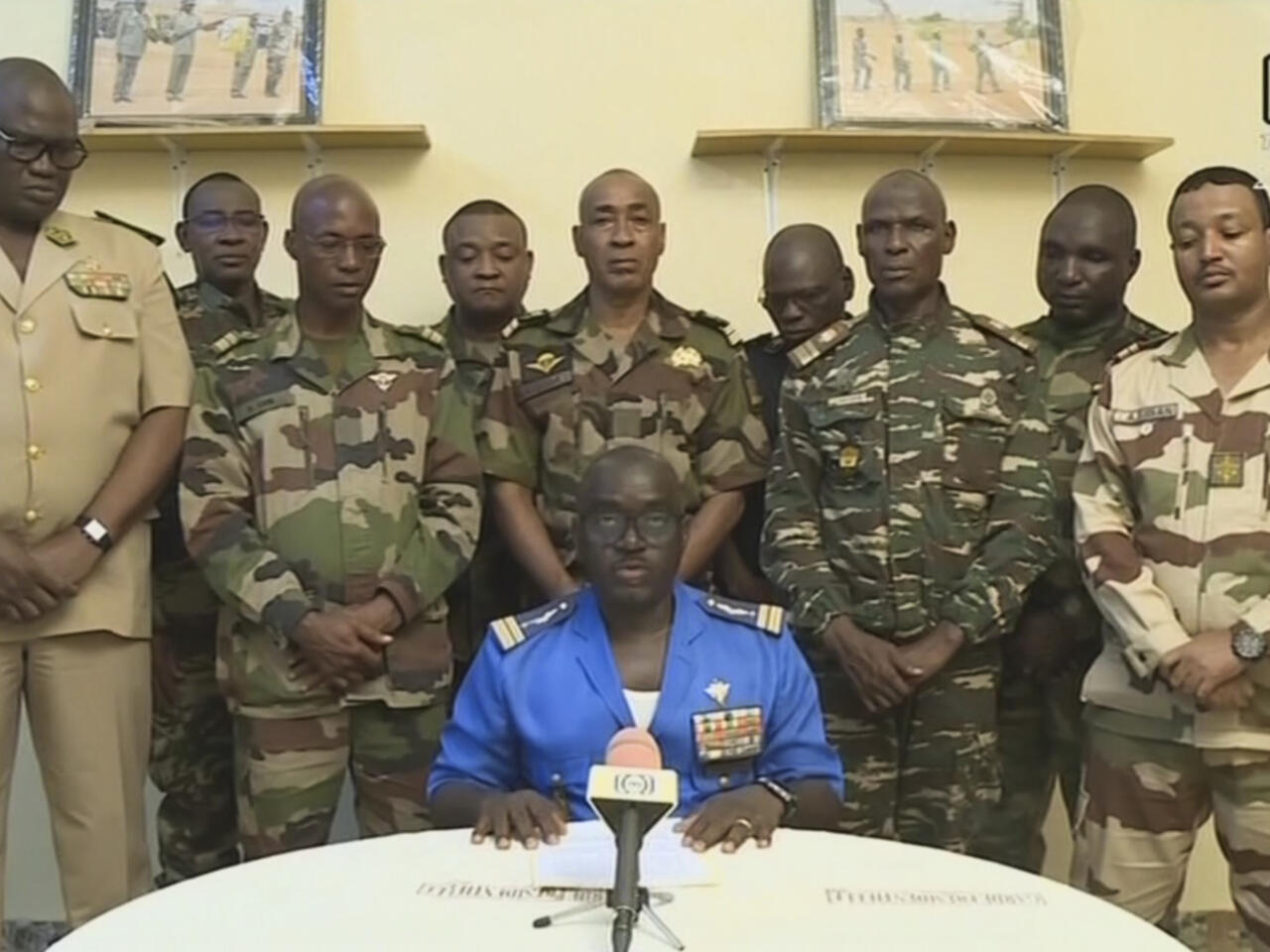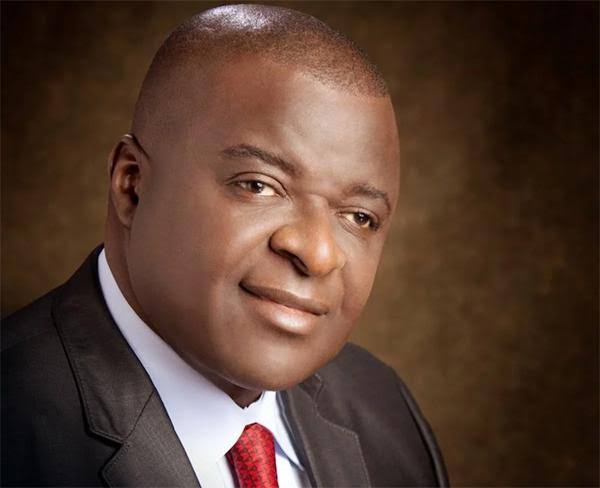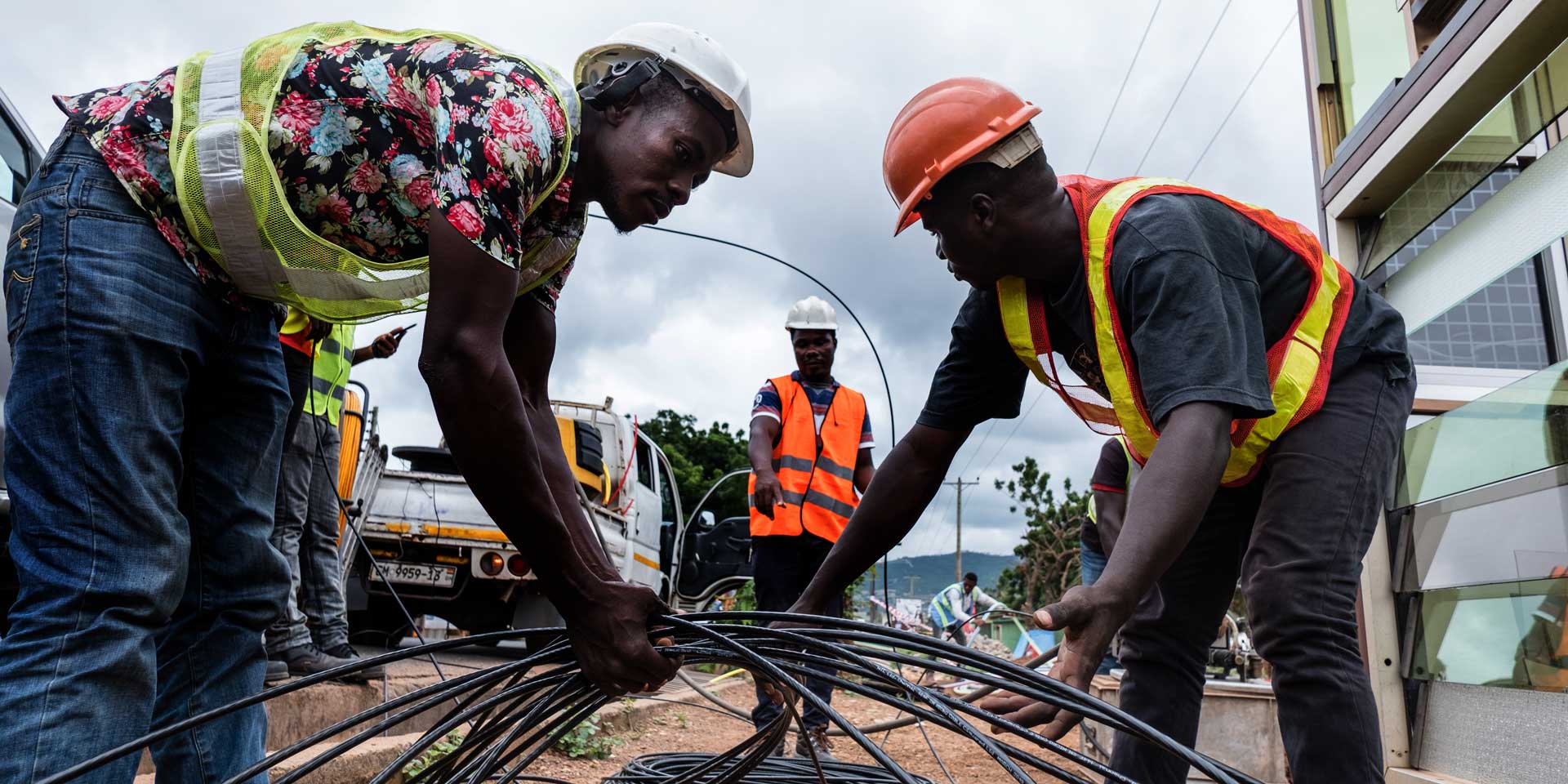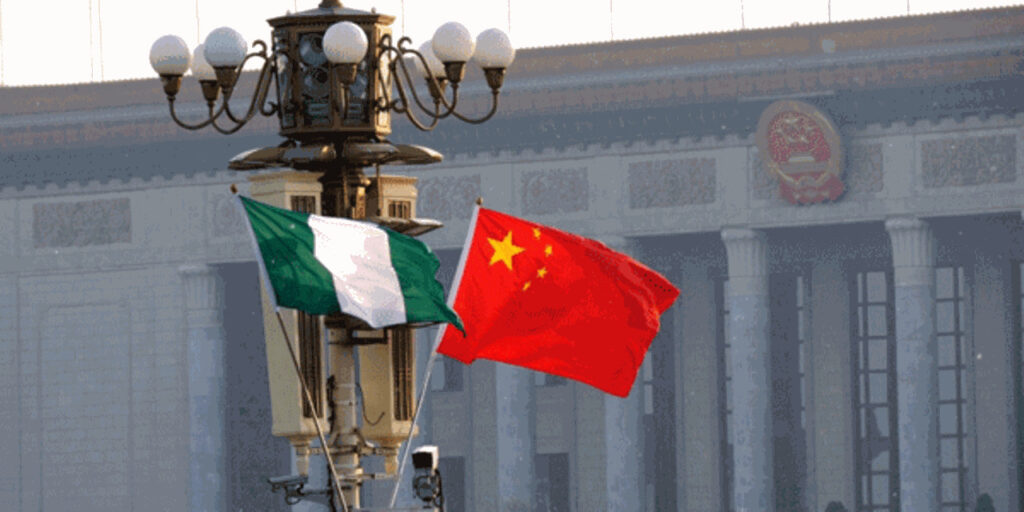BY WEALTH DICKSON OMINABO
The recent coup in Niger, during which members of the presidential guard detained President Mohamed Bazoum and other political leaders, keeping them in military custody, highlights the fading rays of democracy in Africa and foreshadows a complex tragedy of democratisation in the continent.
The coup, orchestrated on Wednesday, July 26, not only poses uncertainty for the country’s 25 million inhabitants, but it also deeply undermines strategic investments made by different stakeholders in their quest to silence the guns in the continent, especially in the Sahel.
Niger, known for production of uranium, is a hub for military and humanitarian activities; a strategic partner in the fight against insurgency and terrorism in the Sahel. Niger’s importance in the fight against terrorism has earned significant support from various development partners, such as the United States, which has praised Niger as a model of democracy.
Advertisement
The coup comes just two years after the country’s first civilian to civilian transition, following completion of president Mohamadou Issoufou two terms in office , handing over to Bazoum. The event takes a similar pattern of military adventurism in Mali, Guinea, Burkina Faso where elite military groups seized political power justifying their actions to insecurity, economic woes and corruption.
Since the insurrection, the military has suspended the country’s constitution, closed borders with neighboring nations, imposed a curfew, and suspended all institutions of the republic. Leader of the Presidential Guard, General Omar Tchiani has been announced as the new head of government. In a televised broadcast on Friday General Tchiani said he and his colleagues in the National Council for the Safeguarding of the Country (CNSP), the group of soldiers who staged the takeover acted in national interest.
He said: “The action of the CNSP is motivated by the sole preoccupation of preserving our dear country, faced in part with the degradation of the security situation in our country and for which our authorities didn’t leave a real solution for a way out of the crisis, and the other part is for the bad economic and social governance.
Advertisement
“I reiterate the appeal of the National Council for the Safeguarding of the Country for serenity, calm, vigilance and patriotism for together in unison we can overcome the security, economic, and social challenges mentioned before. To the international community, the National Council for the Safeguarding of the Country reaffirms its willingness to respect all international engagements to which the Republic of Niger subscribes, including to human rights.”
The international community has responded with widespread condemnation, with ECOWAS, the African Union, and the United Nations all denouncing the military’s actions. These organizations have called for the immediate and unconditional release of the democratically-elected President and have warned that those involved in the coup will be held responsible for the safety of the President, government officials, and the public.
The coup in Niger represents a new chapter in the unfolding tragedies in West Africa democracy, posing serious questions on the fate of democracy in the Sahel as neighboring countries like Mali, Burkina Faso, and Chad have experienced military takeovers in recent times. The coup also imposes a fresh burden on the prospect of peace and stability in the Sahel as the country has served as a buffer zone in the fight against insurgency and terrorism.
The coup opens a new chapter in the struggle for interest in the region as the new leaders in Niger could align with anti-western interests as it has been the case in Mali and Burkina Faso. This could compel Western allies and other development partners to withdraw their support from Niger, a situation likely to complicate peace, welfare and stability of citizens.
Advertisement
This coup serves as a wake-up call for African leaders to prioritize early warning signals in conflict resolution and reconsider the necessity of a unified force to combat local terrorism and emerging threats to democracy. It also calls for more creativity in handling challenges associated with military takeover, as sanctions alone have not helped in resolving political crises of this dimension.
The coup presents a serious challenge to the new leadership of ECOWAS, particularly President Bola Tinubu of Nigeria, who chairs the ECOWAS Authority of Heads of State and Government. President Tinubu has convened a meeting of stakeholders to address the Niger situation. However, resolving the crisis and restoring democratic order will depend on various factors, including the political leanings of the ECOWAS and AU members and the cooperation of the new leaders in Niger.
Restoring political stability and constitutional order in Niger should be a priority for all stakeholders within and outside Africa. The country plays a crucial role in the fight against insurgency and terrorism in the Sahel region, and the coup may disrupt ongoing peace initiatives and empower terrorist groups to regroup and expand their activities. The lessons from past coups in Mali, Guinea and Burkina Faso demonstrate that such actions only lead to broken promises and undermine democracy, potentially paving the way for military rule in the region.
To avert further crises, ECOWAS, AU, and other multilateral organizations must employ all diplomatic channels to ensure the swift restoration of democratic order in Niger. Failing to do so could normalize military takeovers in West Africa and erode the importance of the will of the people in shaping the region’s leadership.
Advertisement
Views expressed by contributors are strictly personal and not of TheCable.
Add a comment






